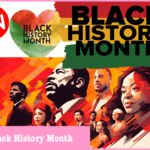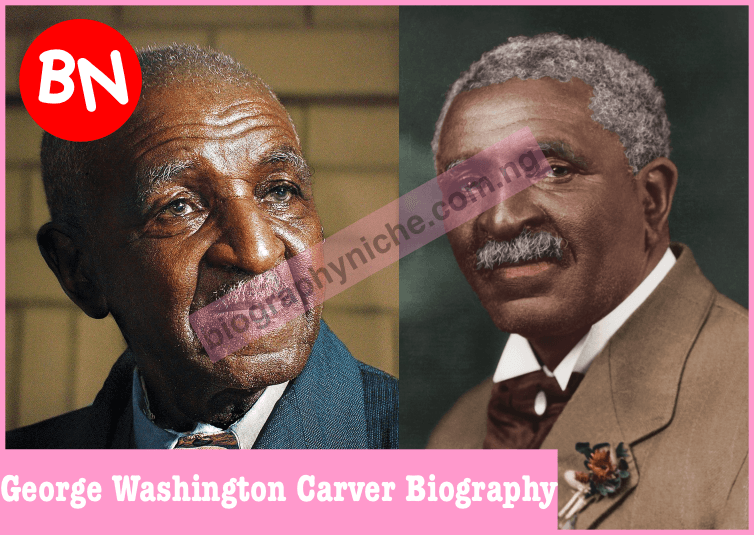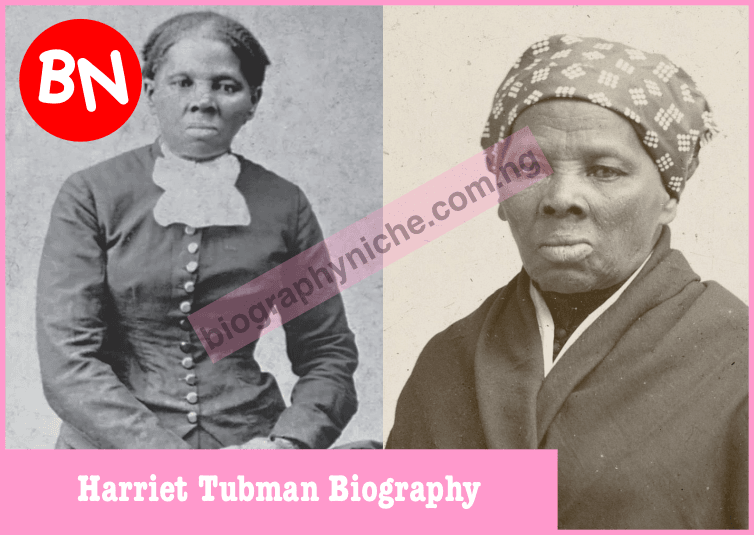Christopher Columbus Biography – Explore the biography of Christopher Columbus, his early life, voyages, discoveries, and the legacy he left behind. Learn about his real name, net worth, age, nationality, and death in this detailed article.
Christopher Columbus is one of the most famous figures in world history, known for his voyages that led to the European discovery of the Americas. Although his expeditions were not the first to reach the continent, they marked the beginning of a new era in world history—ushering in the age of exploration and European colonization of the Americas.
Born in Genoa, Italy, Columbus would go on to become a skilled navigator, leading several significant voyages across the Atlantic Ocean. He is often celebrated for his “discovery” of the New World, though it is important to recognize that indigenous peoples had already inhabited the Americas for centuries. Nonetheless, his expeditions significantly impacted world history and forever changed the course of exploration, trade, and geopolitics.
In this article, we will dive into the life of Christopher Columbus, his early life and background, the voyages he made, his discoveries, and his lasting legacy. We will also examine his net worth, real name, nationality, and how his life ended, providing a comprehensive view of this iconic figure.
Christopher Columbus Biography: Personal Information
| Field | Details |
|---|---|
| Name | Cristoforo Colombo (real name) |
| Profession | Explorer, Navigator |
| Nationality | Genoese (Italian) |
| Age | Died at 54 years old (born October 31, 1451 – died May 20, 1506) |
| Voyages | Four voyages across the Atlantic Ocean, primarily to the Caribbean, South America, and Central America. |
| Discoveries | “Discovered” the Americas in 1492 (though already inhabited by indigenous people); also explored the islands of the Caribbean, parts of Central and South America. |
| Real Name | Cristoforo Colombo (Italian) / Christopher Columbus (Anglicized version) |
| Early Life | Born in Genoa, Italy; came from a family of weavers, later became an apprentice in navigation. |
| Death | Died on May 20, 1506, in Valladolid, Spain, under somewhat controversial circumstances regarding the recognition of his achievements. |
Key Takeaways
- Christopher Columbus, whose real name was Cristoforo Colombo, was born in Genoa, Italy, in 1451.
- He is famously credited with “discovering” the Americas in 1492, though the lands were already inhabited by indigenous people.
- Columbus made four voyages across the Atlantic, exploring the Caribbean, parts of South America, and Central America.
- His expeditions paved the way for European colonization and the exploitation of the Americas.
- Columbus died on May 20, 1506, at the age of 54, largely unaware of the lasting impact his voyages would have on the world.
- His net worth is difficult to estimate due to the lack of accurate historical financial records, but it is likely that Columbus earned significant rewards and titles from the Spanish monarchy for his discoveries.
Early Life and Background
Christopher Columbus was born in Genoa, Italy, on October 31, 1451, to Domenico Colombo, a wool weaver, and Susanna Fontanarossa. Growing up in a family of weavers, Columbus was exposed to the world of trade and commerce early on. His family’s financial situation, however, was not particularly prosperous, which meant that Columbus had to look for opportunities to elevate his status and make a name for himself.
Columbus’s early education focused on practical skills that would eventually shape his future career. He learned navigation, map-making, and maritime skills, all of which would serve him well during his voyages. In his late teens, Columbus worked as a seaman, and his experiences at sea fueled his desire to explore new lands. He believed in the possibility of reaching Asia by sailing westward, an idea that would ultimately lead to his historic expeditions.
Though he was not a formally educated man in the traditional sense, Columbus’s navigation skills, combined with his ambition and perseverance, made him a well-suited candidate for the voyages that would change history.
Voyages and Discoveries
Christopher Columbus is best known for his voyages across the Atlantic Ocean, which were funded by the Catholic Monarchs of Spain, Queen Isabella I and King Ferdinand II. Columbus had long believed that by sailing westward, he could find a direct route to Asia, which was a major source of valuable goods like spices and silk. Instead, his voyages led to the discovery of the New World, though he believed he had reached Asia throughout his life.
In 1492, Columbus set sail with three ships—the Nina, the Pinta, and the Santa Maria—on what would become his first and most famous voyage. On October 12, 1492, he landed on an island in the Caribbean, which he named San Salvador. Columbus continued to explore various islands in the Caribbean, believing that they were part of Asia. He went on to make three more voyages between 1493 and 1504, exploring areas such as Hispaniola, Cuba, and parts of South America.
While Columbus’s voyages are often referred to as the “discovery” of the Americas, it is important to recognize that indigenous peoples had already been living on these lands for thousands of years. Columbus’s voyages, however, marked the beginning of European exploration and colonization of the Americas, which had profound effects on the history of the world.
Net Worth and Legacy
Determining Christopher Columbus’s net worth is challenging due to the lack of comprehensive financial records from his time. However, it is known that Columbus was rewarded handsomely for his voyages. He received numerous titles and privileges from the Spanish monarchy, including the title of Admiral of the Ocean Sea, which granted him a share of the riches generated by the newly discovered lands. He was also entitled to a portion of the profits from any trade routes he established.
While Columbus’s personal wealth is unclear, his voyages undoubtedly had a massive impact on the global economy. The transatlantic exchange of goods, ideas, and people, known as the Columbian Exchange, transformed the world in ways that are still felt today.
Despite his significant impact on history, Columbus’s legacy is complicated. He is both revered for his contributions to world exploration and criticized for the atrocities committed during the subsequent European colonization of the Americas. His voyages led to the exploitation and decimation of indigenous populations, the spread of diseases, and the forced colonization of the New World.
Death and Final Years
Christopher Columbus spent his final years in Spain, struggling with recognition for his discoveries. After his final voyage, Columbus was somewhat disillusioned, as he felt that his contributions had not been properly acknowledged or rewarded. He spent much of his later life fighting to retain his titles and privileges, but he was largely unsuccessful in securing the wealth and recognition he had anticipated.
Columbus died on May 20, 1506, at the age of 54, in Valladolid, Spain. He passed away believing that he had found a new route to Asia, unaware that he had instead opened the door to the European colonization of the Americas. Despite his personal struggles in his later years, Columbus’s legacy has endured, and his voyages are still taught in schools worldwide as a pivotal moment in history.
Conclusion
Christopher Columbus remains a significant and controversial figure in world history. His voyages across the Atlantic changed the world in profound ways, opening up new trade routes and introducing Europe to the Americas. Despite the challenges he faced in his later years, Columbus’s name is forever etched in history for his contributions to exploration and navigation.
While his legacy is marred by the consequences of European colonization, it is undeniable that his voyages marked the beginning of a new era in world history. Columbus’s impact on the modern world can still be seen in the global exchange of cultures, ideas, and goods that emerged from his expeditions.
FAQs About Christopher Columbus Biography
1. What is Christopher Columbus famous for?
Christopher Columbus is famous for his voyages across the Atlantic Ocean, which led to the European discovery of the Americas in 1492.
2. When did Christopher Columbus die?
Christopher Columbus died on May 20, 1506, at the age of 54 in Valladolid, Spain.
3. What was Columbus’s real name?
Columbus’s real name was Cristoforo Colombo in Italian, and the English version of his name is Christopher Columbus.
4. How many voyages did Columbus make?
Christopher Columbus made a total of four voyages across the Atlantic Ocean, from 1492 to 1504.
5. What was Columbus’s legacy?
Columbus’s legacy includes his role in opening up the Americas to European exploration and colonization, though it is also marked by the negative impacts of European imperialism on indigenous populations.


 Relationship, Real Name" loading="lazy" width="180" height="120">
Relationship, Real Name" loading="lazy" width="180" height="120">
 Wiki" loading="lazy" width="180" height="120">
Wiki" loading="lazy" width="180" height="120"> Wiki, Career Achievements" loading="lazy" width="180" height="120">
Wiki, Career Achievements" loading="lazy" width="180" height="120">






